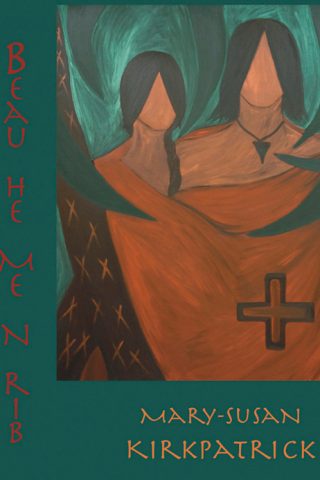Justified by Her Children: Deeds of Courage Confronting a Tradition of Racism
Price range: $19.95 through $32.95
By Roy G. Pollina
Description
Many white Americans do not understand or accept the reality of systemic racism. They do not want to admit that their community, their schools, their government, their churches have a history of participation in a system of racial oppression. Frustrating the attempts to make sense of the history of racism is the exasperating argument that “you just don’t understand how it was.” Justified by Her Children bears witness to the fact that understanding “how it was” can be a precious gift to help us to understand how it is now—at a time when we need that understanding more than ever.
Racism will not be finally eradicated by one large decisive victory. The wall of racism will be undone brick by brick by the brave deeds of little-known men, women, and young people doing the right thing. Justified by Her Children reminds us that the evils of racial segregation masqueraded as the accepted way of doing things—and that confronting evil is often seen as opposing the good order of society. Justified by Her Children is written in the hope that readers will gain a better understanding of “how it was,” and from that understanding, know better how to deal with “how it is” today.





